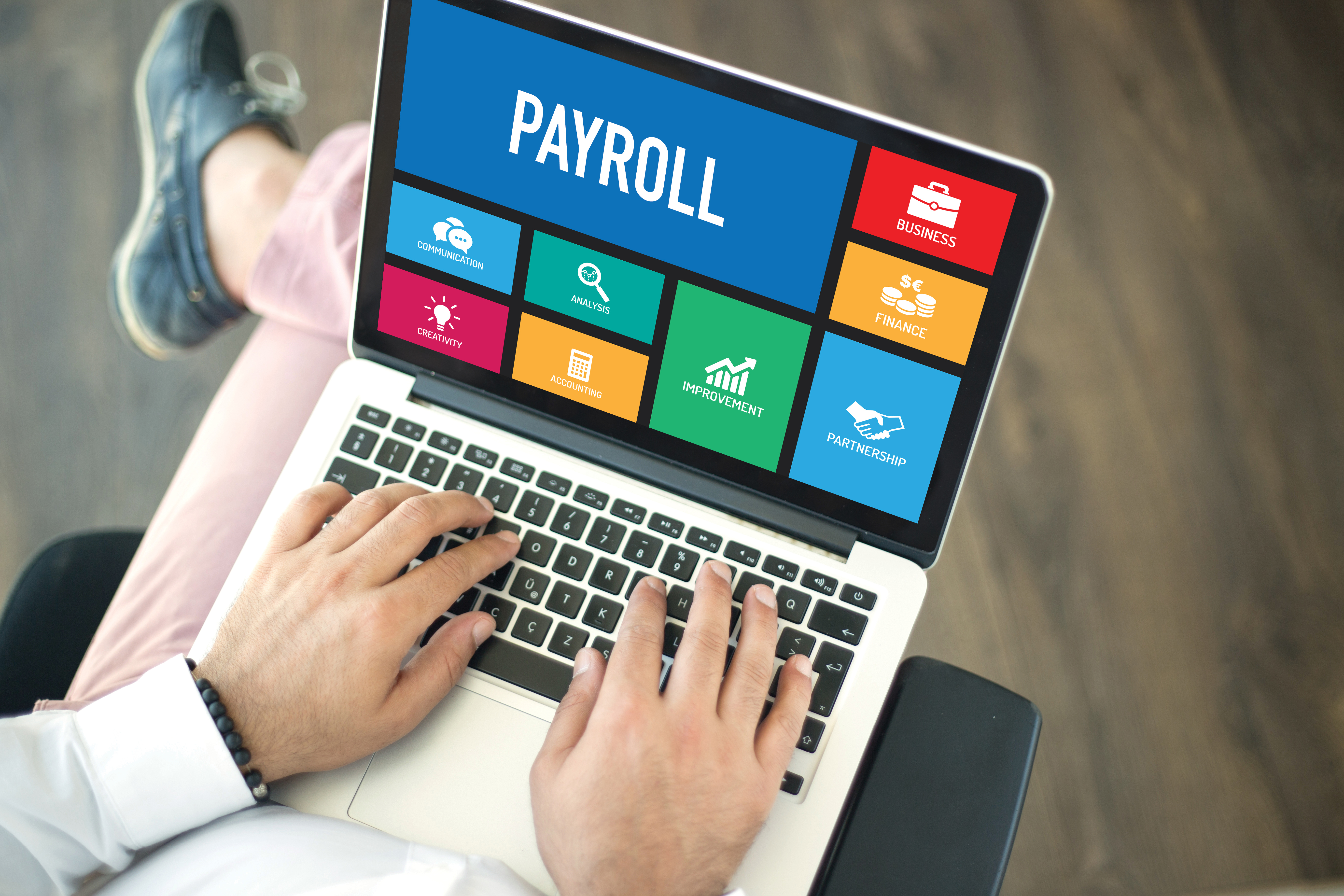Most small business owners view enterprise resource planning (ERP) software as too complex and too expensive for their needs. On the other hand, medium to large businesses owners would argue they could not function without an ERP in place to manage their business.
Other than the number of employees, what makes medium and large businesses so different to manage? Is it really the complexity of their business processes that drives them to use an ERP, or is it the economies of scale, data visibility and automation that such a system delivers the real answer?
Sun Tzu had an interesting take on succeeding against a competitor or foe - “If you know the enemy and know yourself, you need not fear the results of a hundred battles”. To contextualize this observation for a small business owner, the enemy is their competition and the battle is the tactics used to promote their products and services in the market.
Medium and large business succeed when they have access to reliable and relevant information to make decisions as to how best compete in the market. This information is partly about themselves, such as what inventories or services they could and should be supplying and partly about the outside world, recording events that could or should influence decisions, such as interactions with their suppliers and customers.
If we look at the processes of a small distribution business, arguably it performs the same tasks as a medium or large business. It must source and know how much inventory it should purchase to satisfy the demand of its customers. It must deal with the logistics of supplying those goods to its customer.
The telling difference in the execution of the task for small vs medium/large business is access to people and capital. Now this is where using an ERP can give a small business an unfair advantage.
The benefits of using an ERP are the same whether the business is small, medium or large. The 360 degree view of data – from order to cash, purchase to payment, warehousing, banking, CRM and financials – means decision makers have access to all aspects of the business operation with one mouse click. Further, by using the automation aspects and alert functions that are available in ERP’s, businesses lift quality, accuracy and customer experience without the need to increase payroll or expenses.
A small business that operates with multiple disparate systems - for example where Inventory, CRM and Financials are on separate software platforms, will simply take a longer time to access and evaluate data than a competitor who uses an ERP.
Sun Tzu also observed that “a thousand-mile journey begins with one step”. You don’t have to use all aspects of an ERP to start taking advantage of its benefits. Arguably it’s the first step in a journey to grow, strengthen and overtake the competition. An ERP like SAP Business One starts from as little as $4 per day. A modest outlay to deliver the small business owner a ‘no fear’ mindset to take on the competition and grow.








